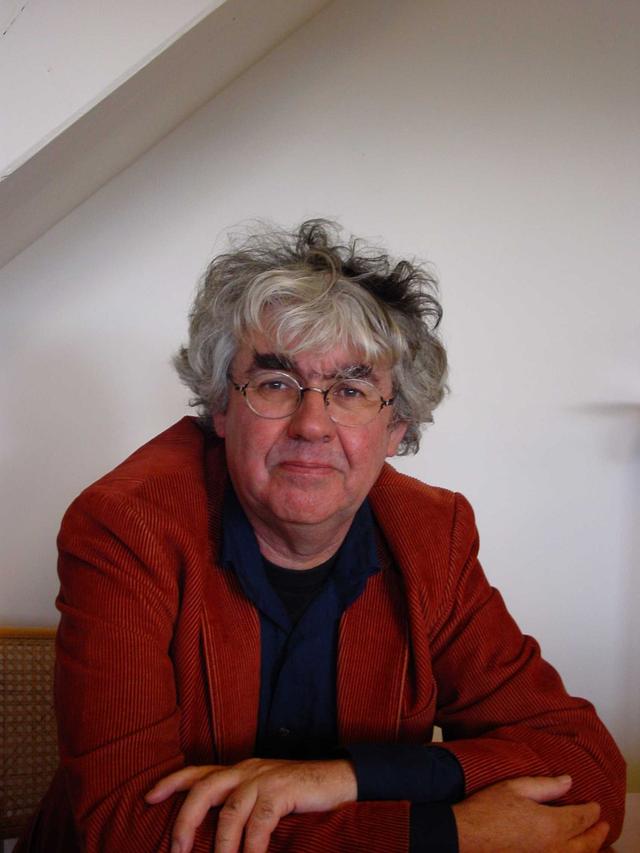Great Expectations
'While In Europe' (2004) covered the tumultuous 20th century and the legacy of the two world wars, Great Expectations takes stock of the early 21st century. Mak turns his keen eye to the controversial roll-out of the euro, the impact of terrorism, the evaporation of European optimism, post-communist life in Eastern Europe and Russia, the financial crisis, the transatlantic relationship, northern versus southern Europe, and the refugees.

Picking up where In Europe left off, at the euphoric, neoliberal start of the new millennium, Mak looks at how Europe’s values met with unprecedented challenges from without and within. We learn of Putin’s carefully orchestrated career, the rising fear of jihad after the 9/11 attacks, the uncomfortable process of enlarging the European Union, ‘the large-scale drowning of Africa’s poor’ in the Mediterranean, the rejection of the European Constitution, the causes and tremendous costs of the banking crisis, the resurfacing of antisemitism in Poland, the success of populist parties in Eastern and Western Europe, the great euro crisis observed from a street corner in Athens, the racism faced by immigrants in the wealthy West, the rise of the ‘tourist destination’, Catalonia’s national dream, and the mounting unease in the face of Trump and Brexit.
In a vast sweep from Norway’s melting polar region to the tragic shores of Lampedusa, and from the Muslim suburbs of Copenhagen to the halls of power in Putin’s ‘new and patriotic’ Moscow, Mak explores the remains of Europe’s old dreams — peace, prosperity, democracy, and growing unity — and today’s nightmares: the new arms race, populism, Russian espionage, climate change… ‘It was strange to cycle around Amsterdam, which is partly under sea level, and realize that after its centuries-long history, its days are numbered.’ Will Germany rise to its new geopolitical role? Will the region’s squabbling nation-states rediscover their solidarity?
Mak writes, ‘Once we thought Western freedom and democracy would gradually spread to the East and the rest of the world. Now we seem to be witnessing the opposite trend. Europe is uncertain, divided, and weakened. Russia seizes every opportunity to sow new discord. China has rushed to fill the gaps left by Western Europe in Central Europe, the Balkans, and Greece. Still further West, the Ameri- can president is pursuing much the same policy of destabilization as the Russians and rapidly dismantling the rules and institutions of the postwar world order. The old, transatlantic world of the late twentieth century is, in the words of the New York Times columnist Roger Cohen, “gone, man, solid gone.”’
“Moving across a vivid historical landscape, his portrait of Europe, in all her bloody barbarism and civilised glory, helps us confront exactly what we need to know… a timely book, and one we can’t afford to ignore.”
“His genius as a historian is his instinct for human stories… Mak is the history teacher everyone should have had.”
